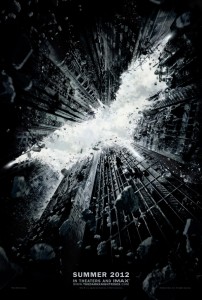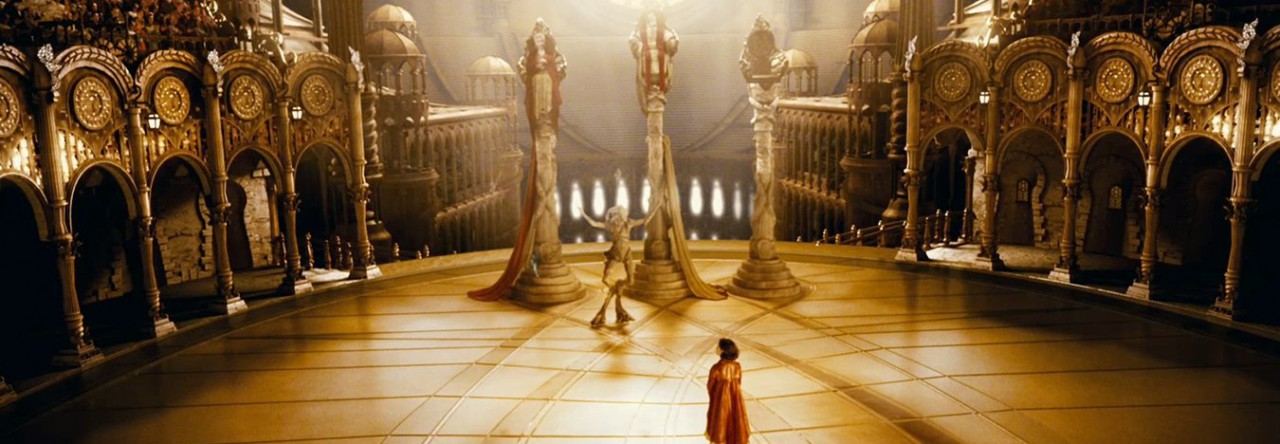You’ve worked hard on a first draft, finished it, and put it in a drawer for a while as you work on another script. When you open that drawer again to do a second draft, how to go about it?
Sometimes it’s easy, because there are obvious pieces of the story still missing, or you already have a clear idea about a character you want to add, or maybe cut, and so on. But then there are times when you’re still happy with your first draft, and you need some way to attack it, some new angle, some fresh perspective.
The script Pål and I are redrafting now is in the former category, there are obvious things that need to be worked out. But it struck me that in either case, I find the following simple pointers very helpful:
Screenwriter Scott Myers has compiled these dumb little writing tricks that work, and they actually do work. Don’t consider not giving them a try.
Myers also generously posted this screenwriting 101 by Dennis Lehane. Short and sweet.
And then there’s this invaluable blog post that presents Mystery Man’s seven scripts you gotta read! I’ve pointed this one out before, but I really can’t write without it. Not just the wisdom and guidance in Mystery Man’s comments, but the lessons learned by reading the scripts themselves.
With these in hand, I always find a way to start writing.
 I can’t wait for this summer’s drivel to become history. Bring on 2012.
I can’t wait for this summer’s drivel to become history. Bring on 2012.